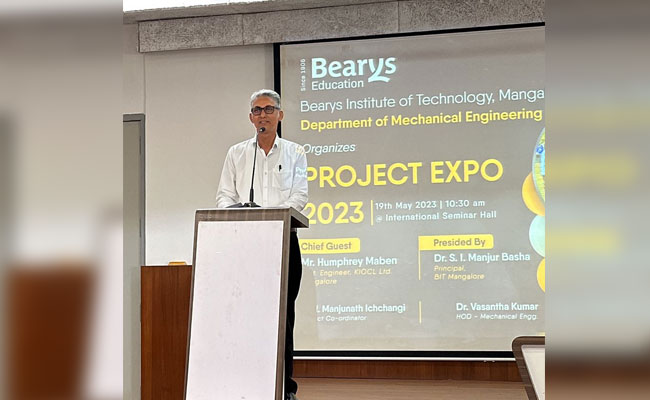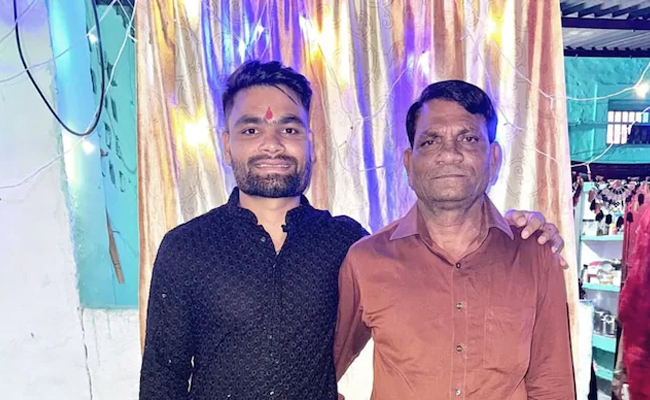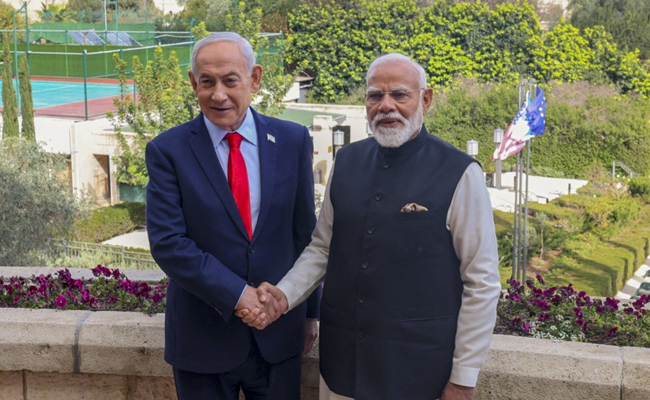Mangaluru: The Department of Mechanical Engineering at Bearys Institute of Technology (BIT) in Mangalore organized a successful "PROJECT EXPO-2023" on May 19, 2023, at the BIT Arena. The event provided a platform for students to showcase their talent and creative ideas, drawing the attention of faculty, industry professionals, and esteemed guests.
The gathering was welcomed by Dr. Vasantha Kumar, Head of the Mechanical Engineering Department, who expressed gratitude to everyone present. The inauguration of the PROJECT EXPO-2023 was carried out by Dr. S I Manjur Basha, the Principal of BIT. Dr. Basha commended the Mechanical Engineering Department for organizing the expo and offering students a valuable opportunity to exhibit their innovative projects.
Humphrey Maben, Assistant Engineer at KIOCL Mangalore, was the Chief Guest for the program. With his extensive experience at Kuduremukh Iron Ore Limited, Maben shared valuable insights during his address. He discussed the challenges encountered in constructing and maintaining the plant, emphasizing the importance of production time and machine maintenance.
Maben also highlighted the difficulties faced in troubleshooting machines and emphasized the significance of safety precautions, citing incidents that have occurred in the industry.
The "PROJECT EXPO-2023" served as a platform for students to showcase their technical prowess and innovative thinking. The event not only encouraged their creative ideas but also provided valuable exposure to industry professionals and esteemed guests in attendance. The Department of Mechanical Engineering at BIT continues to nurture and support the talents of its students, fostering a spirit of innovation and excellence.
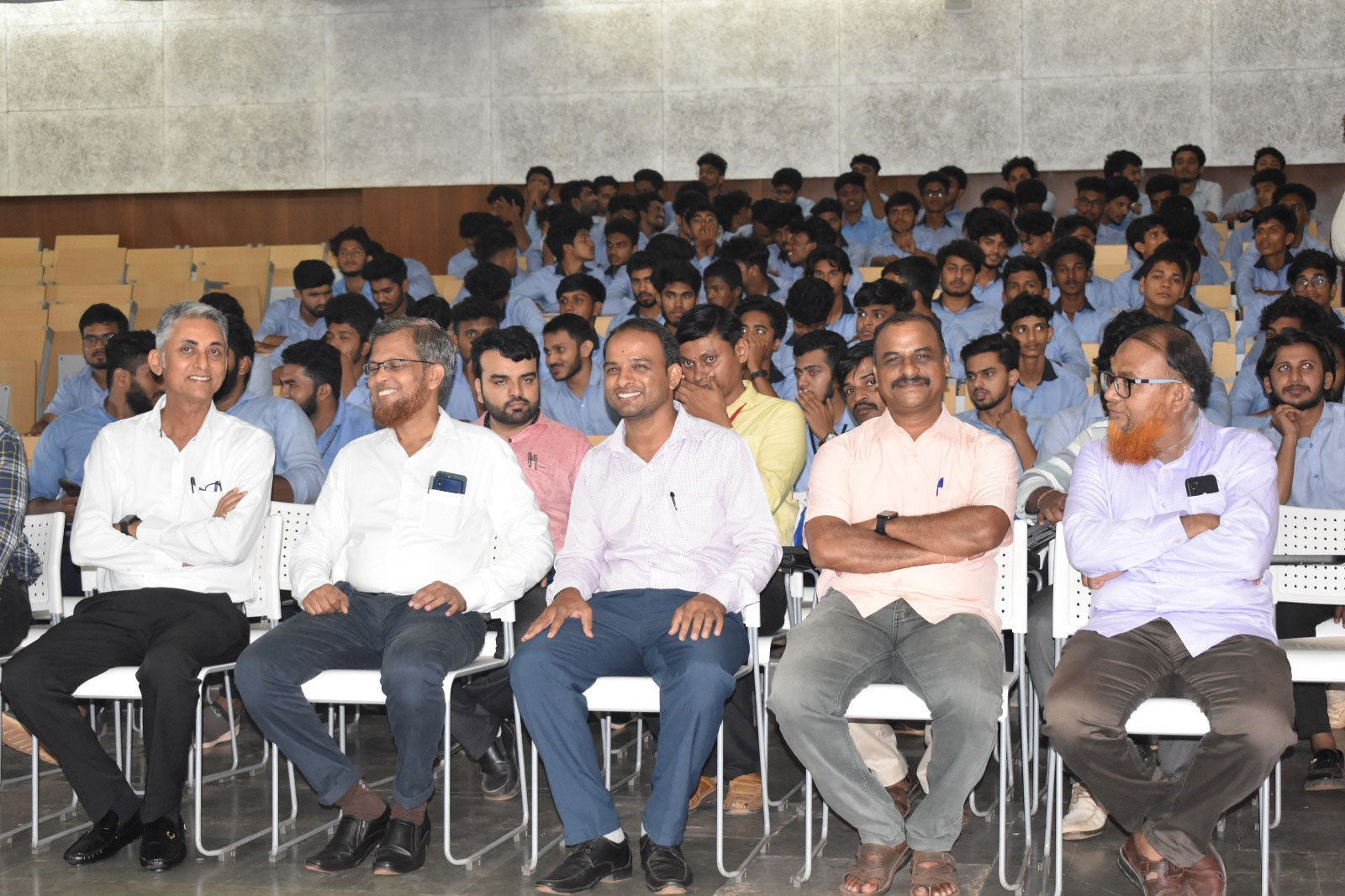
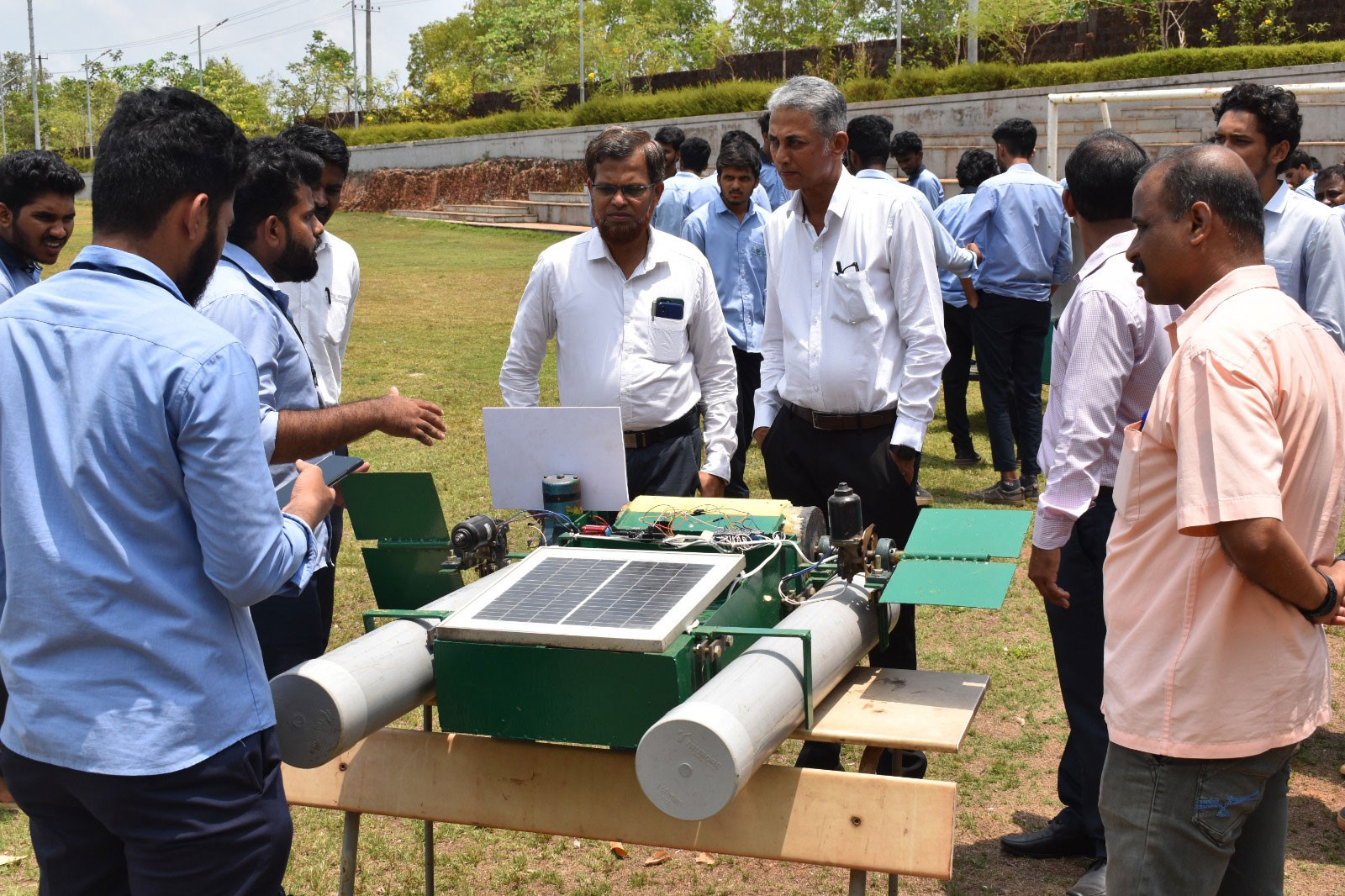
Let the Truth be known. If you read VB and like VB, please be a VB Supporter and Help us deliver the Truth to one and all.
Aligarh/Noid (PTI): Indian cricketer Rinku Singh's father, Khanchand Singh, passed away at a hospital in Greater Noida early Friday following a prolonged illness, family sources said.
Dr. Sunil Kumar, spokesperson of Yatharth Hospital in Greater Noida, where the cricketer's father was admitted, said Khanchand Singh was battling liver cancer.
"His condition had deteriorated significantly in recent days, following which he had been admitted to the hospital on February 21. He was placed on ventilator support and breathed his last early this morning," Kumar said.
Due to his father's critical condition, Rinku had to return home midway through the T20 World Cup. However, he rejoined the Indian team ahead of the match against Zimbabwe on February 26. He had also recently visited Noida to meet his father.
Rinku's former coach, Masood Amini, told PTI Videos in Aligarh that Khanchand Singh had been battling advanced-stage liver cancer and was in the terminal phase of the illness.
"He had been unwell for quite some time. He was suffering from liver cancer. For the past three to four days, he was on ventilator support," Amini said.
Amini said Rinku's father worked tirelessly to support his family and educate his children.
"He started out working as a gas cylinder delivery man and worked very hard to raise his family," he said.
The 28-year-old cricketer, a resident of Aligarh district in Uttar Pradesh, credits much of his success to his father. Khanchand Singh, who worked in gas cylinder distribution in Aligarh, supported his son's dream of becoming a cricketer despitefacing financial hardships.
The family said Khanchand Singh's last rites will be performed in Aligarh, and Rinku will attend the funeral.

